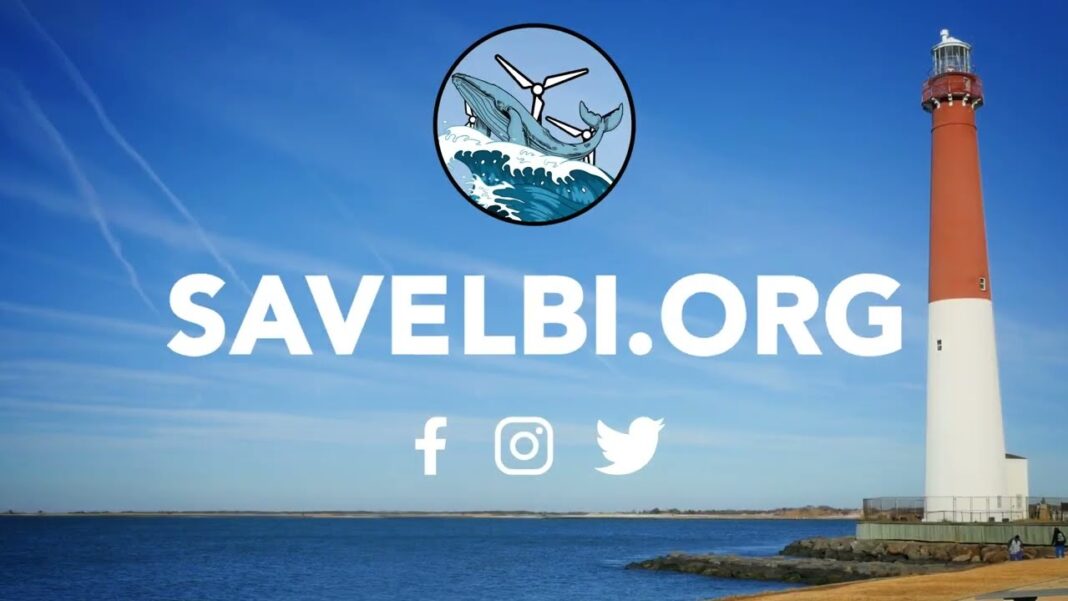
Continuous operational noise will disturb many species of fish, marine mammals and even humans.
Imagine living amid noise as loud as a rock concert, all day, every day. Environmentalists say that’s exactly what will happen to all sea creatures—from fish to whales to clams—in the waters around the massive offshore wind farms planned for the eastern coast of the United States.
The spinning windmills will be so loud, they say, that people at the beach will hear them, too.
Offshore wind farms create airborne, underwater and seabed noise vibrations, Bob Stern, president of Save Long Beach Island and a former manager of environmental reviews for the U.S. Department of Energy, told The Epoch Times.
His organization retained XI Engineering Consultants of England to conduct an acoustical analysis of Atlantic Shores Offshore Wind, proposed for 8.7 miles off Atlantic City and Long Beach Island, New Jersey.
The airborne noise reaching the Jersey Shore from the 200 turbines will be a continuous pulsing hum, he said.
At 47 to 57 decibels, people at the beach will hear sounds as loud as a humming refrigerator or air conditioner. The legal nighttime noise limit in New Jersey is 50 decibels, so at night the offshore wind turbines could violate the law.
The wind turbines will also generate low frequency and infrasonic airborne noise, which humans don’t hear very well but can cause problems like sleeplessness, Mr. Stern said.
But that’s nothing compared to how the wind turbines will affect North Atlantic right whales, of which only 340 remain on Earth.
The wind farms will create an underwater wall of sound that could block the whales’ annual migration between New England and the southeastern United States.
“If they cannot migrate, then the females will not be able to make it to Florida and Georgia, which is where they give birth,” Mr. Stern told The Epoch Times. “Births in the whales will become extinct. This is serious stuff.”
Both fish and marine mammals depend on their sense of hearing to survive, and no one really knows what building hundreds of wind turbines in the Atlantic Ocean will do to them.
Read Full Article on TheEpochTimes.com







